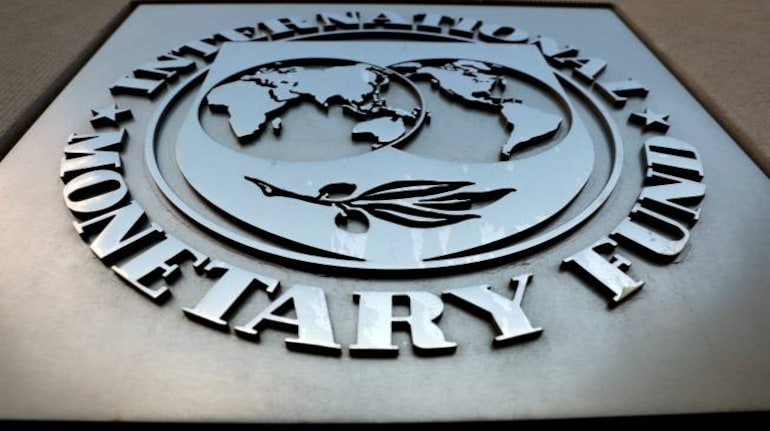



The International Monetary Fund (IMF) has praised Indian authorities, adding that the economy's strong performance will likely continue going ahead and that it has the potential to "grow faster and more sustainably if a comprehensive structural reform agenda is implemented".
Writing in their Article IV consultations - required by Article IV of the multilateral agency's Articles of Agreement and part of its country surveillance process - the IMF's staff said that the tightening of fiscal stance in 2023-24 is appropriate and that an ambitious medium-term consolidation plan is required to rebuild buffers and preserve debt
sustainability.
Also read: Moving the goalposts — fiscal deficit target and a 20-year delay
"(IMF Executive) Directors welcomed the authorities' near-term fiscal policy, which focuses on accelerating capital spending while tightening the fiscal stance," the IMF's Article IV consultation report, released on December 19, said.
The Indian government is looking to lower its fiscal deficit to 5.9 percent of GDP in the current financial year, with the Centre confident about meeting the target. In the medium-term, the fiscal deficit is expected to be lowered to 4.5 percent of GDP by 2025-26.
In their report, the IMF staff said the Indian government remains "committed" to the 4.5 percent fiscal deficit target.
"The adjustment will be implemented approximately evenly over 2024-25 and 2025-26. State government deficits are expected to remain below the
3 percent of GDP ceiling, in line with their historical performance," the IMF added.
However, they also said that India's high public debt warranted additional revenue and expenditure measures, such as further Goods and Services Tax and subsidy reforms, with continued focus on public investment and targeted support for the vulnerable.
On the growth front, the IMF expects the Indian economy to expand by 6.3 percent in the current and next year, 20 basis points lower than the government's forecast of 6.5 percent. However, it is expected that the Indian government will raise its growth forecast for the current year after the blockbuster GDP data for July-September, which has already led to the RBI increasing its projection by 50 basis points to 7.0 percent.
The IMF will likely release its World Economic Outlook update in late January 2024.
Price stability
On inflation, the IMF noted that while the headline rate has been volatile, it had reduced, with the RBI's policy tightening being effective in
addressing the issue.
"(IMF Executive) Directors commended the RBI's proactive monetary policy actions and strong commitment to price stability. They agreed that the current neutral monetary policy stance, anchored on a data dependent approach, is appropriate and should gradually bring inflation back to target," the IMF said.
Also Read: Steady progress on inflation, but next steps are crucial
The RBI's Monetary Policy Committee rapidly raised the policy repo rate by 250 basis points in 2022-23 to 6.5 percent to bring down multi-year high inflation following a surge in global commodity prices in the aftermath of Russia's invasion of Ukraine in February 2022. However, with food prices volatile due to multiple supply-side shocks, the headline inflation rate has moved sharply in 2023, with the latest print for November at 5.55 percent. Economists see it possibly rising above the upper-bound of the RBI's 2-6 percent tolerance range in December, data for which will be released on January 12.
It will be the last set of inflation numbers before the central government presents the Interim Budget for 2024-25 on February 1 and the MPC meets on February 6-8 for its next sit-down.
Discover the latest Business News, Sensex, and Nifty updates. Obtain Personal Finance insights, tax queries, and expert opinions on Moneycontrol or download the Moneycontrol App to stay updated!
Find the best of Al News in one place, specially curated for you every weekend.
Stay on top of the latest tech trends and biggest startup news.